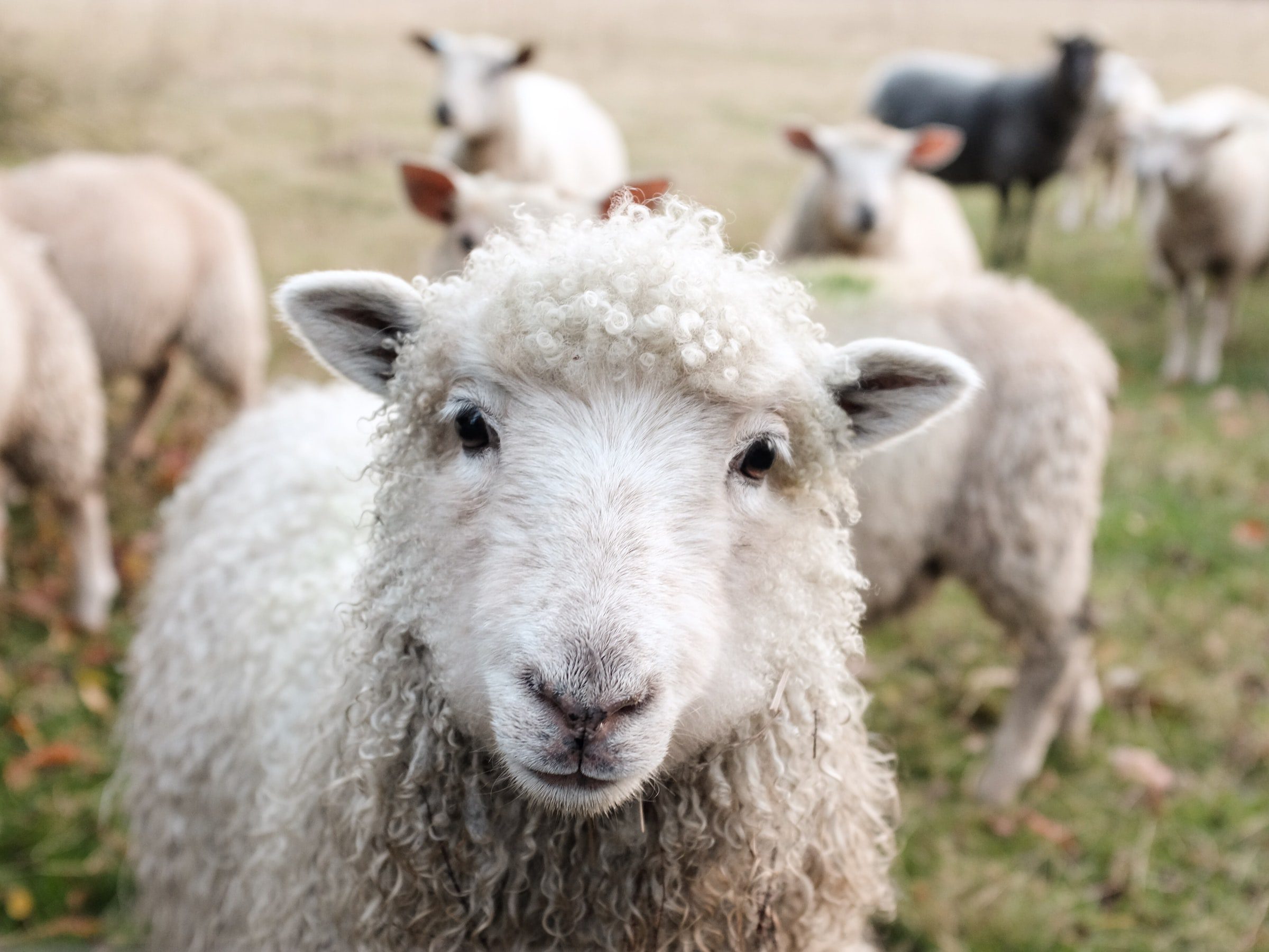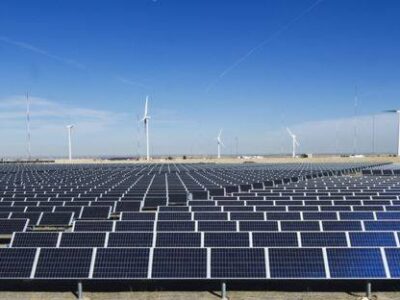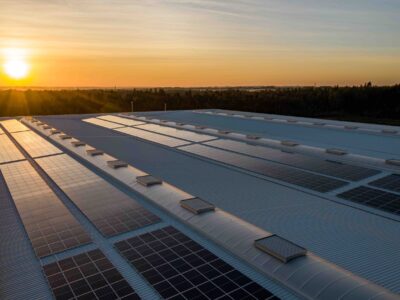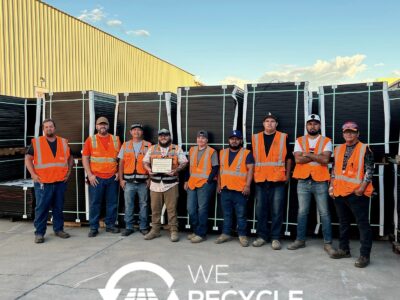North Carolina Montgomery Sheep Farm is a tourist attraction with solar panels, chickens and overnight stays.
At this point, the concept of ‘agri-tourism’ is pretty well established. For those unfamiliar, it is an umbrella term referring to activities that involve bringing outside visitors to a farm or agricultural site for entertainment. This can be a lot of things. It could be as simple as a local petting zoo or as specific as farming corporation Bowery offering educational tours for their high-tech vertical farming facilities. Even something like California’s famous Hilmar Cheese Company – which educates guests on the process of converting dairy from cow’s milk into delicious cheese at the industrial level – fits the bill of an agritourism site by definition. Now, destinations like a certain farm based in North Carolina is reinventing agritourism around a sustainability-related twist.
Somewhere out in Montgomery County, NC, Joel Olsen sits with 200 acres of land, a whole lot of sheep, and a dream. Olsen, a solar developer with a level of overlapping interest in traditional agriculture, purchased the land in 2013 to build a solar farm. The area looked to be sizable enough to produce a non-insignificant portion of energy for the region, including Charlotte, about 70 miles away. However, when he arrived to begin putting his plans into action, Olsen realized that strictly building a solar panel site would be ignoring a degree of untapped potential for the area. He was staring at natural farmland and decided that leaning into that philosophy somewhat would be worth the additional investment.
Solar energy and agritourism are a perfect marriage. While ‘agriculture’ generally refers to cultivating crops and livestock for food and materials, there are many similarities. There are conventional solar farms, where you can take a stroll through fields of solar panels just the same as you walk through large fields of wheat or corn. Why not combine the synthetic with the natural, and throw in a bed-and-breakfast for good measure?
A far cry from the empty plot of dirt more than eight years ago, Olsen’s Montgomery Sheep Farm is an idyllic landscape that sees solar panels shining between lush fields of grass. There’s no need for a lawnmower, either– the terrain is dotted with plenty of sheep that feed off the vegetation, keeping it at an acceptable level while also eliminating any costs for the farmers. “It’s wonderful to see sheep grazing under solar panels, something new and different and not thought of on a daily basis,” says Brooks Mixon, who works at Montgomery Sheep Farm.
The benefits of the solar-sheep interaction go beyond lawn care. The intermittent shade provided by the panels has actually proven to be a massive benefit to the growth of the underlying vegetation, meaning the grass at Montgomery is thicker and more abundant food for the roughly 400 sheep living there.To Olsen, more sheep means better business. “We can have many more lambs per acre than if you put them on a normal pasture because of the solar panels,” he said, touting the financial benefits of his renewable agritourist operation as a no-brainer for both traditional farmers and solar developers alike. “It allows our rural areas to remain beautiful and the people living there remain employed” Olsen commented.





